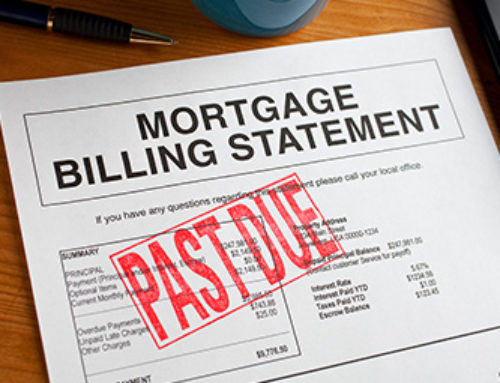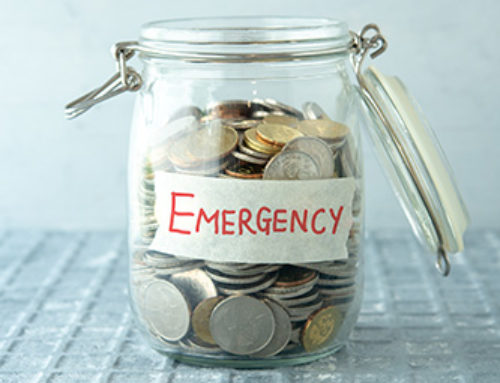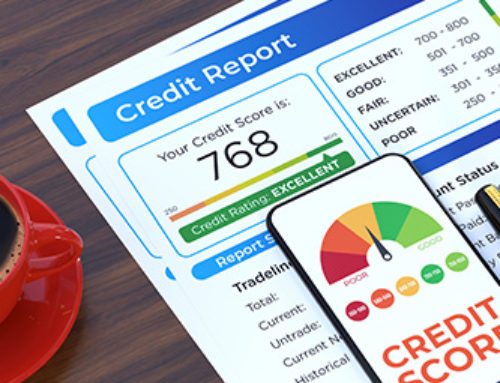The recession that followed the coronavirus pandemic has extended its effect to the US housing market and it has continued to raise concerns about worsening inequality. Low-interest rates, widespread adoption of remote working, and housing shortages have resulted in a surge in home purchases and prices. The housing market is one of the few economic sectors to have fully bounced back from the COVID-19 recession and is expected to continue growing this year.
While homeowners have benefited from the housing boom, the recession has not been helpful to many Americans as it has made it difficult for them to have the financial security to buy their first home. Millions of Americans who relied on federal foreclosures and forbearance to avoid becoming homeless during the pandemic now face deep financial holes that must be overcome before the economy fully recovers. Those who have been evicted or are delinquent on other debts may find it even harder to secure a mortgage as lenders tighten their lending standards. And rising house prices can make homeownership out of reach, even for those who appear to be in good financial shape.
As part of measures to expand the supply of affordable housing and to help Americans buy their first home, President Joe Biden had proposed a $100 billion affordable housing fund as wells as a $15,000 tax credit meant for offsetting down payment on a home. Also proposed is a tax credit for builders of low-income housing.
As the initial chaos of the pandemic threatened to derail the mortgage industry, the housing market was able to make a remarkable comeback as a result of the Fed’s full support for rate cuts and continued purchases of mortgage-backed securities. The Mortgage Bankers Association (MBA) projects that banks and other mortgage lenders will have issued more than $3.5 trillion in home loans in 2020, the most since 2003. About $1.4 trillion per year Past mortgages were for newly purchased homes, an increase of 16% from 2019 and the highest since 2005. The sharp decline in mortgage rates also led to a surprising 109% increase in home loan refinancing compared to 2019 projections, according to the MBA. The housing boom also pushed prices up 10% year on year.
According to the National Association of Realtors, the median home sale price topped $300,000 for the first-time last summer. Home prices rose so quickly in part because the supply of homes was struggling to meet intense demand. As buyers rush to move into a new residence amid the pandemic, sellers have been wary of holding open houses that could increase their risk of infection, and as a result, homebuilders had to relax their activities. Although new housing permits accelerated towards the end of the year, experts say the housing shortage will continue to pose challenges in 2021.
Economists see a gradual rise in house prices as a good thing for the economy, but the lack of affordable housing has been a long-standing problem and could pose a significant hurdle for Americans facing great financial challenges. Even with the current low-interest rate, mortgage payments are becoming increasingly unaffordable for the average American family, according to a report from the Federal Reserve Bank of Atlanta.
According to a report by Atlanta Fed, a median-income household is expected to spend 32.6% of their annual income on a median-priced home. And the median existing-home price hit an all-time high in June 2021, with the three-month average reaching over $340,000, up 23.8% from June 2020.
This points to a major affordability problem: Families who spend more than 30% of their monthly income on housing are considered “cost-burdened”, according to the Department of Housing and Urban Development. They may struggle to pay for adequate food, medical care, and other necessities since so much of their income are spent on housing. The Atlanta Fed reports that low mortgage rates have been a “catalyst” for increased housing demand during the coronavirus pandemic. And while prices rose with demand, many buyers were able to afford mortgage payments because of low-interest rates combined with modest income growth.
However, that dynamic has changed throughout 2021. Although the Atlanta Fed’s 30-year fixed-rate mortgage rate hit a near-record low of 2.87% in August, that’s no longer offsetting rising prices. Buyers have reached an affordability dead end. The problem is particularly acute for first-time homebuyers, who typically have less equity than other buyers. In a separate report, Zillow noted that it takes them a year longer to save on a 20% down payment now than it did five years ago. The unaffordability of mortgages is just one aspect of the housing crisis in the United States: rents are also becoming increasingly unaffordable for many families across the country.
Markets Across the Country Are Less Affordable
The rise of remote work since the start of the pandemic has given high-income earners the ability to go almost anywhere. This has resulted in markets across the country seeing an influx of wealthier buyers and higher property prices as a result. Coastal cities regularly top lists of the least affordable places to live in the United States, and that hasn’t changed. The Fed report notes that eight of the nation’s 10 least affordable markets in June 2021 were in California, with the Seattle and New York metropolitan areas taking the other two spots.
But the pandemic has also begun to drive people away from normally more affordable places. The largest year-over-year declines in affordability occurred in metropolitan areas, including Boise City, Idaho; Phoenix-Mesa-Scottsdale, Arizona; and Austin-Round Rock, Texas. Median home prices in these three markets have increased by more than 25 whereas, home prices in places like San Francisco have increased by 7% over the same period. These areas are still not as expensive as New York or Los Angeles in absolute terms, but prices for locals are increasingly displaced out of their hometowns.
This is a very critical period, and you need the help best hands on everything relating to your finances. At Reb0und we help people achieve their dream of owning a home by helping them manage their finances to ensure that are able to qualify for mortgages. Contact us today and let our expert counsellors make the impossible, possible for you. Call us on 800 852 5049, send us an email on contact@reboundfromdebt.com, or fill a contact form here with www.reboundfromdebt.com/schedule-a-call/



